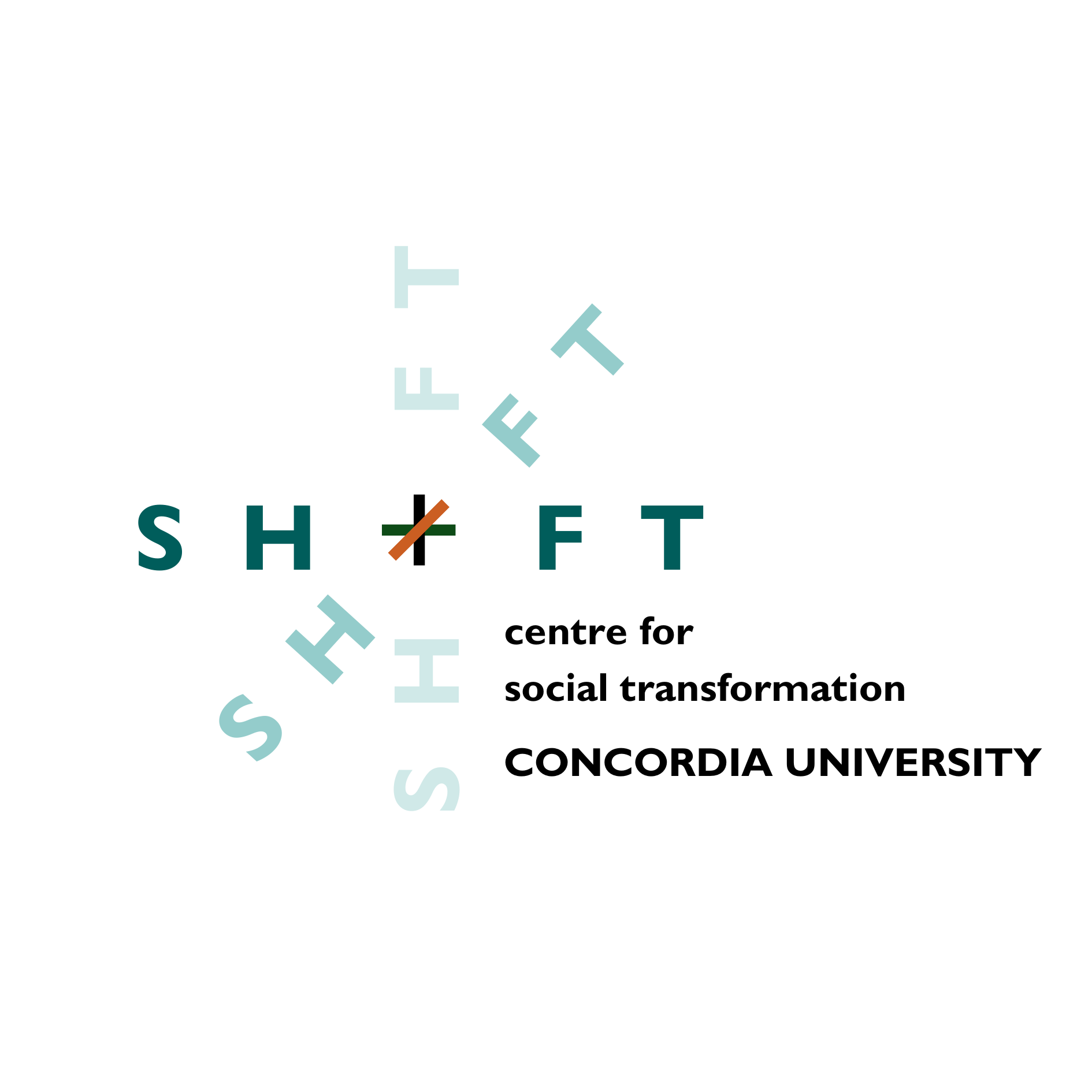SELECTION PROCESS
An important part of SHIFT’s commitment to participatory decision-making and shared power
SHIFT funding decision are made by independent and community-led committees
While each of our funding and support programs has a customized selection process, they all share a commitment to fostering community-ownership of funding decisions.
An independent selection committee composed of three to five people with a diversity of perspectives is assembled for each of our funding programs. Together they decide which projects will enter the SHIFT community and receive funding and support.
Interested in joining a SHIFT Selection Committee?
Apply here to be added to our roster of potential jurors, for the next time we're in active recruitment.
How does the process work?
All SHIFT committee members participate in a training about participatory grant making and the key aspects of SHIFT’s funding and support programs. Committee members also all receive reference documents and assessment tools to use when reviewing the applications assigned to them.
Once all submitted applications are reviewed for eligibility, they are sent to the selection committee who begin a multi-step process, which includes:
- Reading the applications independently and assessing them for alignment with the selection criteria;
- Meeting with other committee members to discuss their assessments and explore any divergences of opinions;
- Interviews with applicants when relevant;
- Following a structured and facilitated consent-based decision-making process to agree on which projects to fund.
What do the selection committees look for? (SHIFT's selection criteria)
SHIFT’s selection committees assess each application based on nine core criteria that were developed in collaboration with our Steering Committee and are reviewed regularly by the Funding Hub.
Transformative potential
- Clarity of vision and purpose: Is the description of the idea or project understandable and is there a clear explanation of how this project will contribute to equity, justice, or sustainability?
- Real-world impact: If realized, will the project have tangible benefits for the people most impacted by the social issue?
- Potential for social transformation: Does the project have the potential to advance change at a systemic level?
- Community connection: Is the project driven by community needs and expertise and grounded in the community it seeks to serve?
- Feasibility: Is the project’s scope reasonable and likely to succeed?
SHIFT compatibility
- Value alignment: Does the idea or project demonstrate a commitment to SHIFT values and ways of working?
- Complementarity of SHIFT resources and contributions: Has the project team demonstrated a strong interest in working with SHIFT and participating in the Learning Community?
- Multi-disciplinary & multi-stakeholder engagement: Are the most relevant stakeholders represented on the project team given its stage of development?
- OR, for the Gateway program: Has the project team demonstrated an openness to engaging with additional stakeholders and an understanding of what this could bring to their work?
- Concordia connection: Does the project have strong links to Concordia (e.g., teaching, learning, research, student/campus life, procurement practices, human resources, etc.)?
- OR, for the Gateway Program: Has the project team demonstrated an openness to partnering with Concordia and an understanding of what this could bring to their work?

